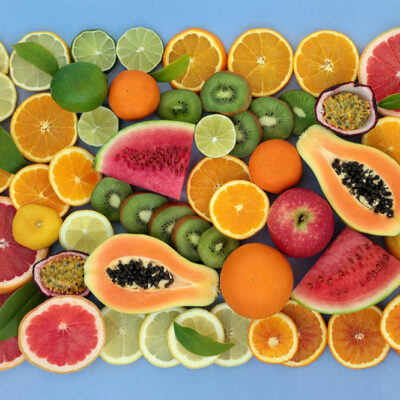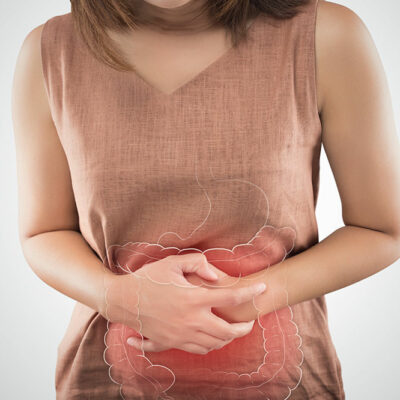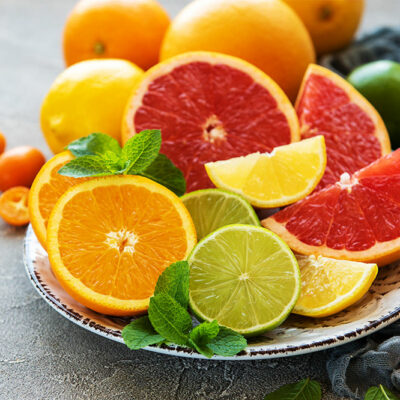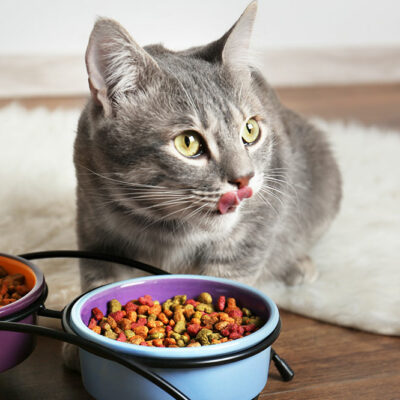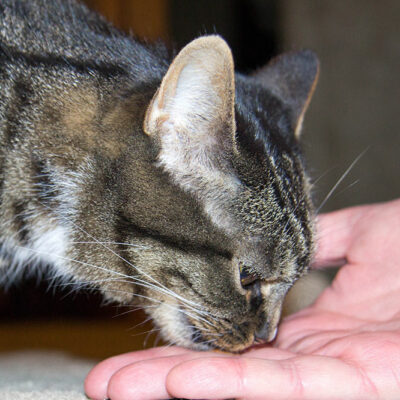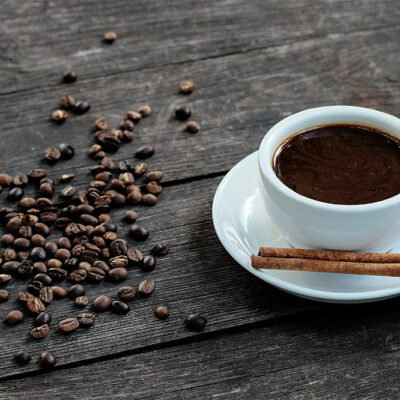
Food
Foods to Eat and Avoid for Schizophrenia
It has often been observed that people suffering from schizophrenia have unhealthy eating habits. These can put them at risk of other health conditions such as diabetes and cardiovascular problems. Research has suggested that with some dietary changes, schizophrenia patients can manage the disease better. So, here’s some information on the type of diets that can help schizophrenia, namely, foods to eat and avoid. 1. Balanced diet to keep blood sugar under control A diet that balances the blood sugar levels in your body is top on the list of diets that can help schizophrenia. Consuming more caffeine, refined carbohydrates, alcohol, and stimulant drugs can have an impact on maintaining blood sugar levels. In addition, antipsychotic medications can also harm your blood sugar level. Therefore, to balance this, schizophrenia patients should limit their intake of sugar, refined carbohydrates, and caffeine. Their diet should be filled with foods that are low on the glycemic index. Individuals should also eat small meals at regular intervals. Snacking on foods such as fresh fruits, cottage cheese, oatcakes, or celery is recommended. 2. Eat more probiotics Paying attention to the gut microbiome, the bacteria found in the intestines is essential. In some researches, having bad gut bacteria has been associated with schizophrenia.
Read More 
